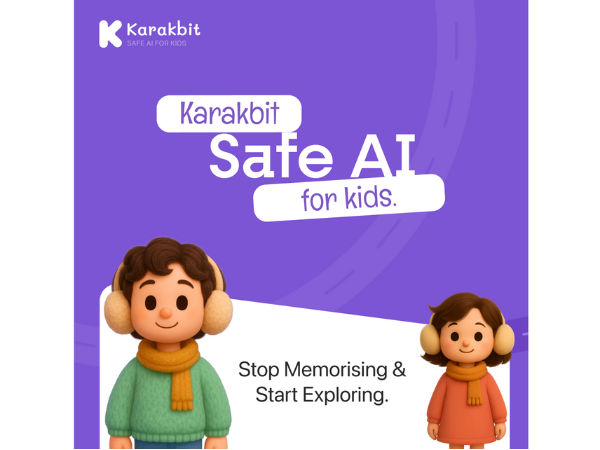Artificial Intelligence is redefining how we interact with technology, and human-like AI assistants are at the forefront of this transformation. These virtual helpers understand context, engage in natural conversations, and perform complex tasks, making life easier for users. In this article, we explore the top 5 AI startups building human-like assistants in 2024–2025, showcasing their innovative approaches and impact.
Why Human-Like Assistants Matter
Human-like AI assistants go beyond basic chatbots, offering personalized, intuitive interactions. They streamline workflows, enhance customer experiences, and tackle tasks from scheduling to research. With the conversational AI market projected to hit $48 billion by 2030, startups are racing to create assistants that feel like trusted partners.
1. xAI: Advancing Discovery with Grok
xAI, founded by Elon Musk, is building Grok, an AI assistant designed to accelerate human scientific discovery. Grok provides concise, honest answers, drawing inspiration from the Hitchhiker’s Guide to the Galaxy. With $6 billion raised in 2024, xAI is scaling Grok’s capabilities, integrating it into platforms like X to answer diverse queries with wit and precision. Its focus on truth-seeking sets it apart in 2025.
2. Anthropic: Ethical AI with Claude
Anthropic, started by former OpenAI researchers, develops Claude, a conversational AI prioritizing safety and ethics. Claude rivals ChatGPT with its natural dialogue and ability to handle nuanced tasks, from writing to analysis. Backed by $3.5 billion in 2025 funding, Anthropic’s 106 million monthly visitors show Claude’s growing popularity. Its commitment to responsible AI makes it a leader.
3. Character.AI: Personalized AI Companions
Character.AI lets users create and interact with custom AI personas, from historical figures to fictional characters. Its platform fosters emotional connections through lifelike conversations, appealing to younger audiences. With $150 million raised in 2023 and a $1 billion valuation, Character.AI is refining its tech in 2024–2025, blending creativity and AI to redefine companionship.
4. Inflection AI: Empathetic AI with Pi
Inflection AI’s Pi is an AI assistant designed for emotional intelligence, offering supportive and engaging conversations. Pi helps with brainstorming, learning, and daily tasks, adapting to users’ moods. Despite a pivot in 2024 to focus on enterprise AI, Inflection raised $1.3 billion, and Pi remains a standout for its empathetic tone, competing with larger models in 2025.
5. Perplexity: Search as a Conversation
Perplexity transforms search into a conversational experience with its AI assistant, blending real-time web data and natural language processing. It delivers concise, sourced answers, challenging traditional search engines. With $500 million raised in 2024 at a $9 billion valuation, Perplexity’s 10 million monthly users highlight its traction. Its focus on curiosity-driven queries makes it unique.
Challenges in Building Human-Like Assistants
Creating human-like assistants isn’t easy. Startups face hurdles like ensuring ethical responses, avoiding biases, and managing computational costs. Privacy concerns and regulatory scrutiny also loom large. Yet, these challenges drive innovation, pushing companies to balance advanced capabilities with trust and transparency.
The Future of AI Assistants
The demand for human-like assistants is soaring, with applications in education, healthcare, and customer service. By 2025, advancements in multimodal AI—combining text, voice, and visuals—will make assistants even more intuitive. These startups are paving the way, blending technology with human connection to reshape how we interact with machines.
Conclusion
The top 5 AI startups building human-like assistants—xAI, Anthropic, Character.AI, Inflection AI, and Perplexity—are redefining digital interaction. From Grok’s truth-seeking to Pi’s empathy, they’re creating AI that feels personal and purposeful. As these companies innovate, they’re not just building assistants—they’re crafting the future of human-AI collaboration.








